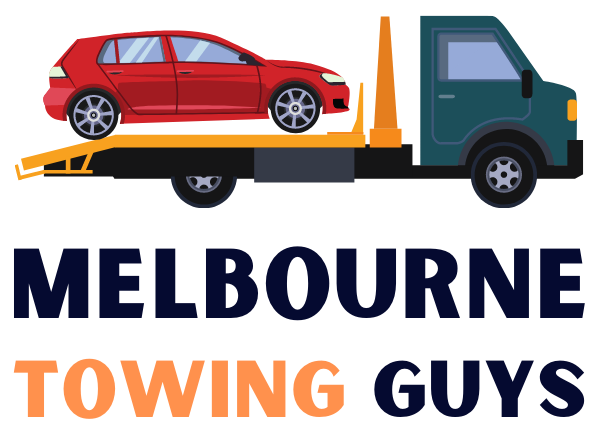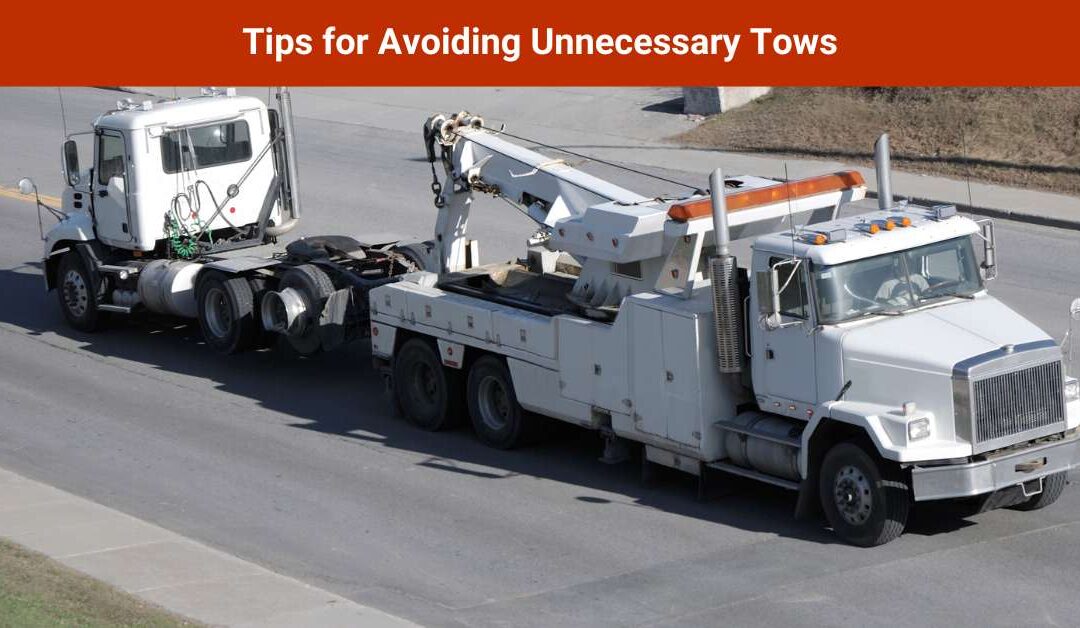Towing services are a lifesaver in emergencies, but unnecessary tows can be frustrating and costly. With the right precautions and regular vehicle care, you can significantly reduce the chances of needing a tow. Here are some essential tips to keep your car running smoothly and avoid avoidable towing situations.
Maintain Your Vehicle Regularly
Routine maintenance is the cornerstone of vehicle reliability. Schedule regular service appointments to check your car’s essential components, such as the engine, brakes, and tires. Ensure your oil is changed on time, belts and hoses are in good condition, and fluid levels are topped up. Proactively addressing small issues can prevent major problems that could leave your car stranded.
Keep Your Battery in Check
A dead battery is one of the most common reasons drivers call for a tow. To avoid this, have your battery tested periodically, especially before extreme weather seasons. Clean any corrosion on the terminals and ensure the battery connections are secure. Replace your battery if it’s nearing the end of its lifespan, typically around three to five years.
Monitor Tire Health
Tires in poor condition can lead to blowouts or flats, potentially leaving you stranded. Regularly check your tire pressure and ensure it matches the manufacturer’s recommendations. Inspect tires for wear, cracks, or uneven tread depth. Rotating your tires and aligning your wheels also helps extend their lifespan and ensures safer driving conditions.
Stay Fuel-Aware
Running out of fuel is an entirely preventable reason for needing a tow. Keep an eye on your fuel gauge and avoid waiting until the last minute to refuel. During long trips or in remote areas, plan your stops in advance to avoid running out of gas. Carrying a portable fuel container can also be a helpful backup.
Drive Safely and Responsibly
Aggressive driving habits, such as speeding, sudden braking, or reckless maneuvers, can strain your car’s components and increase the likelihood of breakdowns. Adhering to speed limits, avoiding potholes, and driving cautiously in adverse weather conditions can reduce wear and tear on your vehicle and minimize the risk of accidents that might require towing.
Be Prepared for Minor Issues
Equip your car with basic tools and supplies to handle small problems on your own. A spare tire, jack, lug wrench, jumper cables, and a portable air compressor can help you manage common issues like flat tires or a drained battery. Additionally, having an emergency kit with items like a flashlight, gloves, and a first-aid kit ensures you’re ready for unexpected situations.
Conclusion
Preventing unnecessary tows comes down to being proactive, prepared, and attentive to your car’s condition. By committing to regular maintenance, practicing safe driving habits, and equipping yourself with essential tools, you can avoid the inconvenience and expense of preventable tows. These steps ensure that your vehicle stays reliable, giving you peace of mind on the road.


Recent Comments